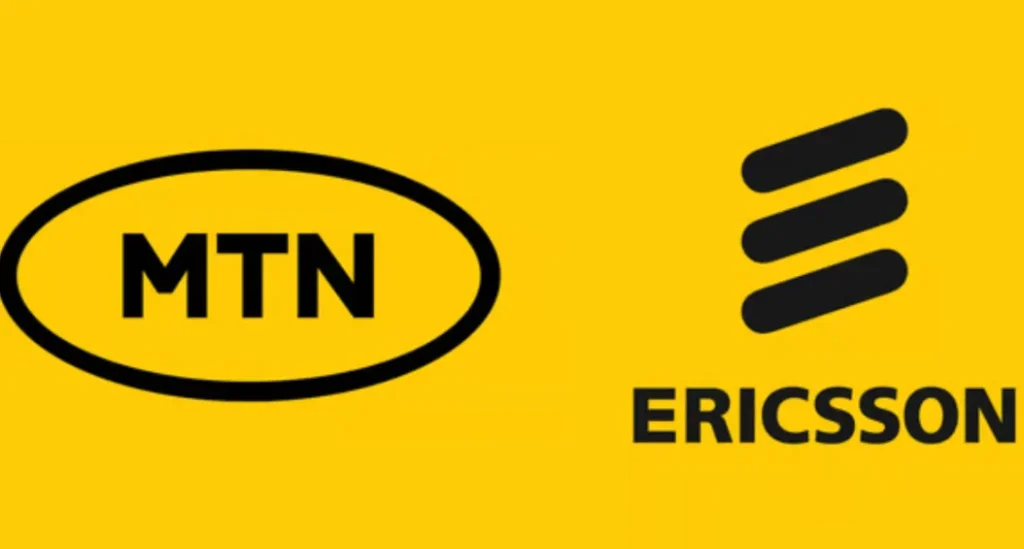Nigeria has emerged as Africa’s largest stablecoin market, recording nearly $22 billion in transactions between July 2023 and June 2024, according to a new report by Yellow Card. This places Nigeria ahead of South Africa, Kenya, and Ghana, underscoring the country’s growing role in Africa’s digital asset economy.
Stablecoin Adoption in Africa
Stablecoins—cryptocurrencies pegged to fiat currencies such as the U.S. dollar—have become an essential financial tool in Africa. They are increasingly used for cross-border trade, treasury management, inflation hedging, and financial inclusion.
In Nigeria, stablecoins are helping businesses and individuals navigate foreign exchange scarcity, volatile naira-dollar rates, and unreliable banking systems.
“Stablecoins are crucial for financial inclusion and economic empowerment, especially where traditional banking is unreliable,” said Lasbery Chioma Oludimu, Vice President of Global Operations and Managing Director of Yellow Card Nigeria.
She added that stablecoins have become fundamental for cross-border trade, treasury management, and financial stability.
Global Stablecoin Market Growth
The global stablecoin market capitalisation has expanded significantly, growing from $5 billion in 2020 to $230 billion as of May 2025. Emerging markets such as Nigeria are driving much of this growth, as businesses and consumers increasingly rely on stablecoins to bypass financial restrictions and reduce transaction costs.
Trade Disruptions Accelerate Stablecoin Usage
The report highlighted that the U.S. decision in August 2025 to impose tariffs of up to 30% on exports from 47 African countries has accelerated the shift toward dollar-backed stablecoins. Many African businesses are now adopting digital assets to mitigate risks in international trade.
Nigeria’s Plan for a Naira-Pegged Stablecoin
The Securities and Exchange Commission (SEC) of Nigeria is exploring a regulatory framework for a Naira-pegged stablecoin. According to SEC Director-General Emomotimi Agama, the proposed stablecoin will:
- Be fully backed by verifiable reserves.
- Undergo regular audits by independent custodians.
- Support cross-border trade, payments, and programmable finance.
This move aims to ensure digital assets in Nigeria go beyond speculation and contribute meaningfully to real-world economic activity.
Outlook
With rising adoption across Africa, stablecoins are set to play a central role in trade, remittances, and financial inclusion. Nigeria’s leadership in the market positions it as a hub for digital asset innovation on the continent.











